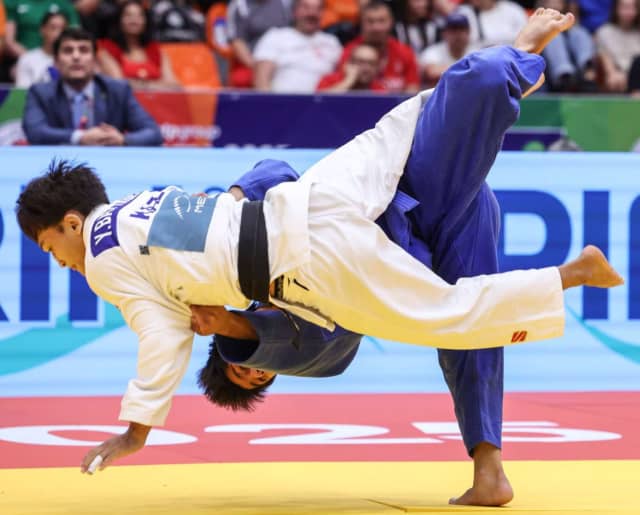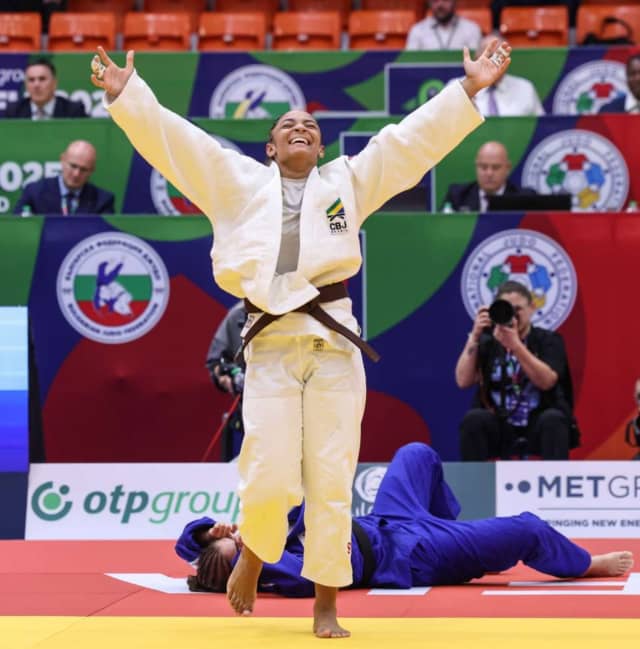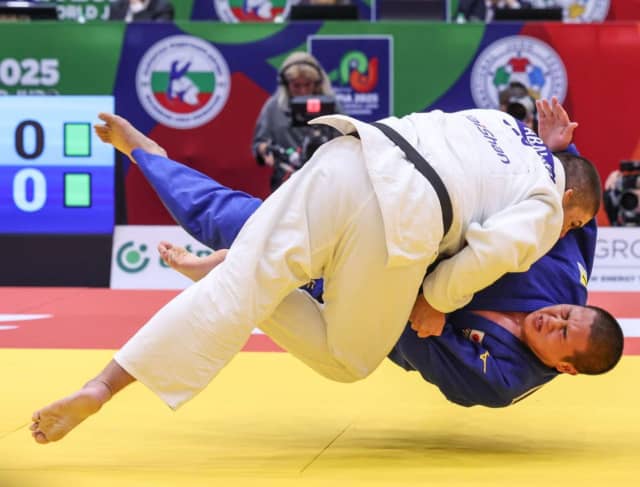In second place came the judoka competing under the IJF banner, who captured four world titles, while Brazil delivered a particularly impressive performance, securing third place with two hard-fought victories.
Throughout the week, intriguing trends emerged. Drawing final conclusions is always difficult in cadet competition, since this age group is still one of development. Much can change: some judoka show precocious maturity, while others need more time to grow into the highest level. As a reminder, even an athlete like Hifumi Abe (JPN) finished no higher than seventh at a Cadet World Championships before going on to become a multiple senior world champion and double Olympic champion. Time must be allowed to play its part.
What is certain, however, is that Sofia has been the stage for beautiful, high-level judo, produced by athletes who still bear the features of adolescence but are already firmly committed to the path that may one day take them to the very top. That is precisely what we wish them.
None of this would be possible without the tireless work carried out from the earliest ages in clubs and national federations. They have understood that the future is shaped in the present, and that present was here in Sofia.
In just a few hours, we will know the outcome of the mixed team competition and in a few weeks the world’s attention will shift to Lima, Peru (5–8 October), where the juniors will take their turn on the global stage. The second stage of the rocket is ready for launch. In the meantime, the World Judo Tour will resume in Qingdao, China (26–28 September), ensuring that fans around the world will continue to be thrilled.



